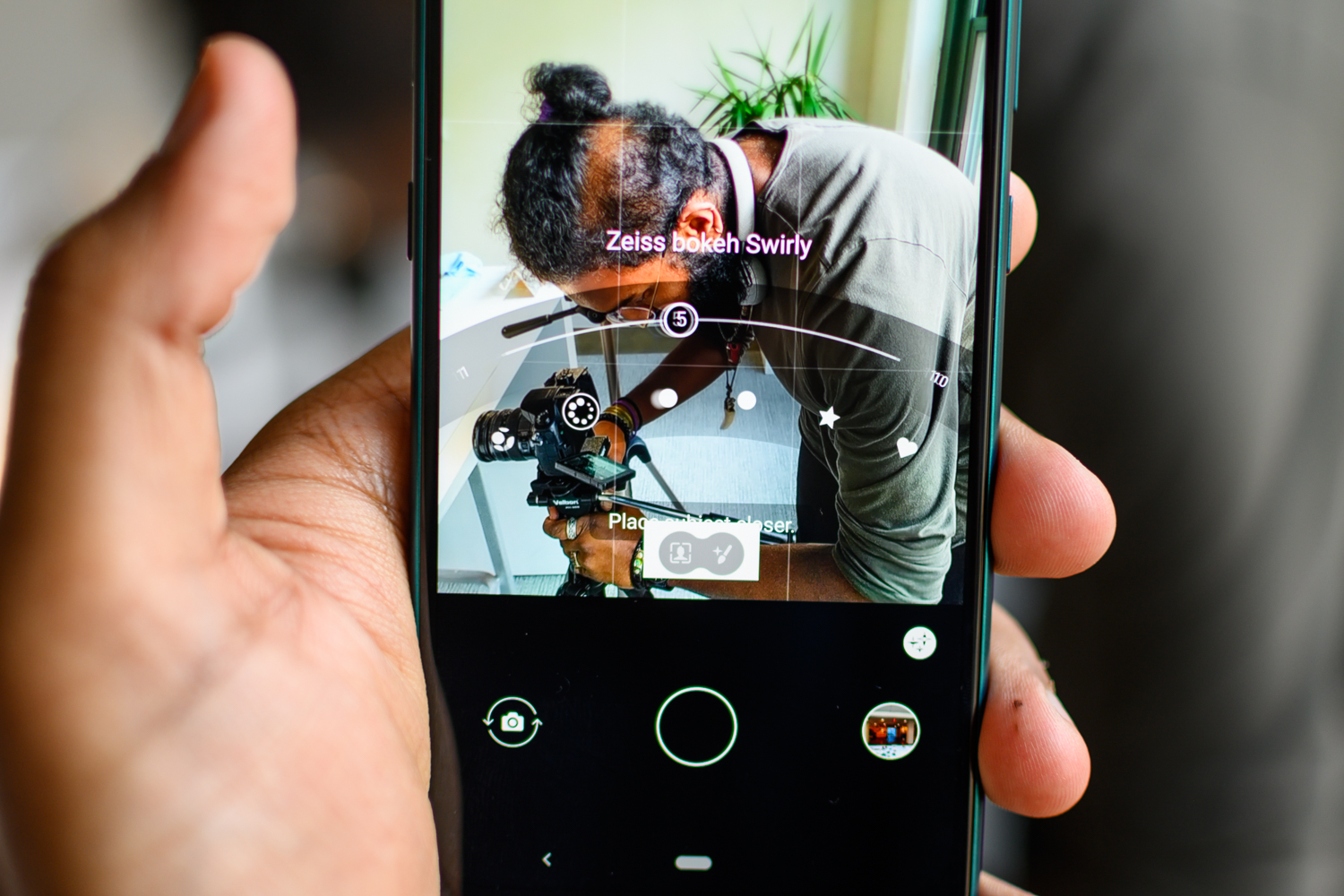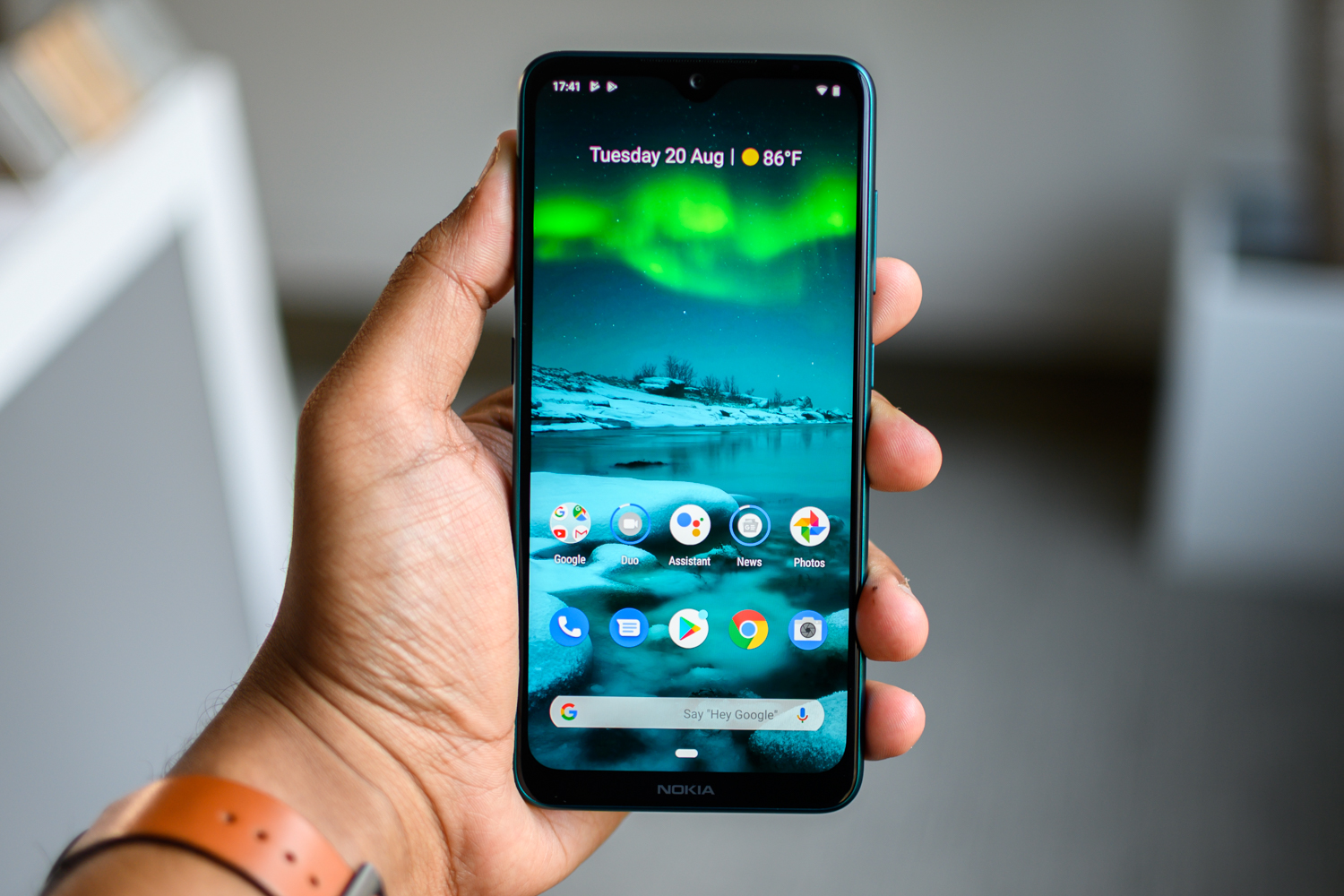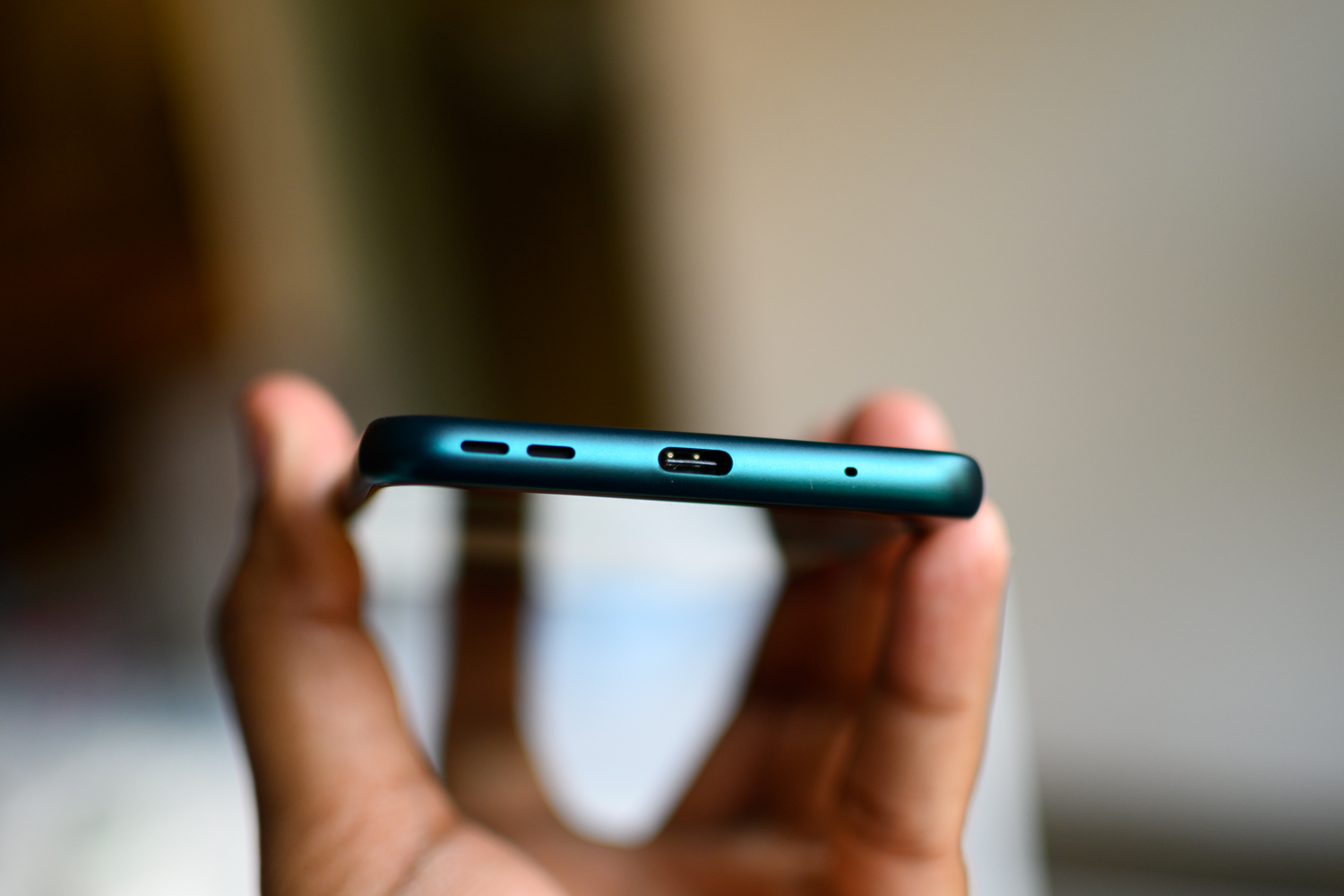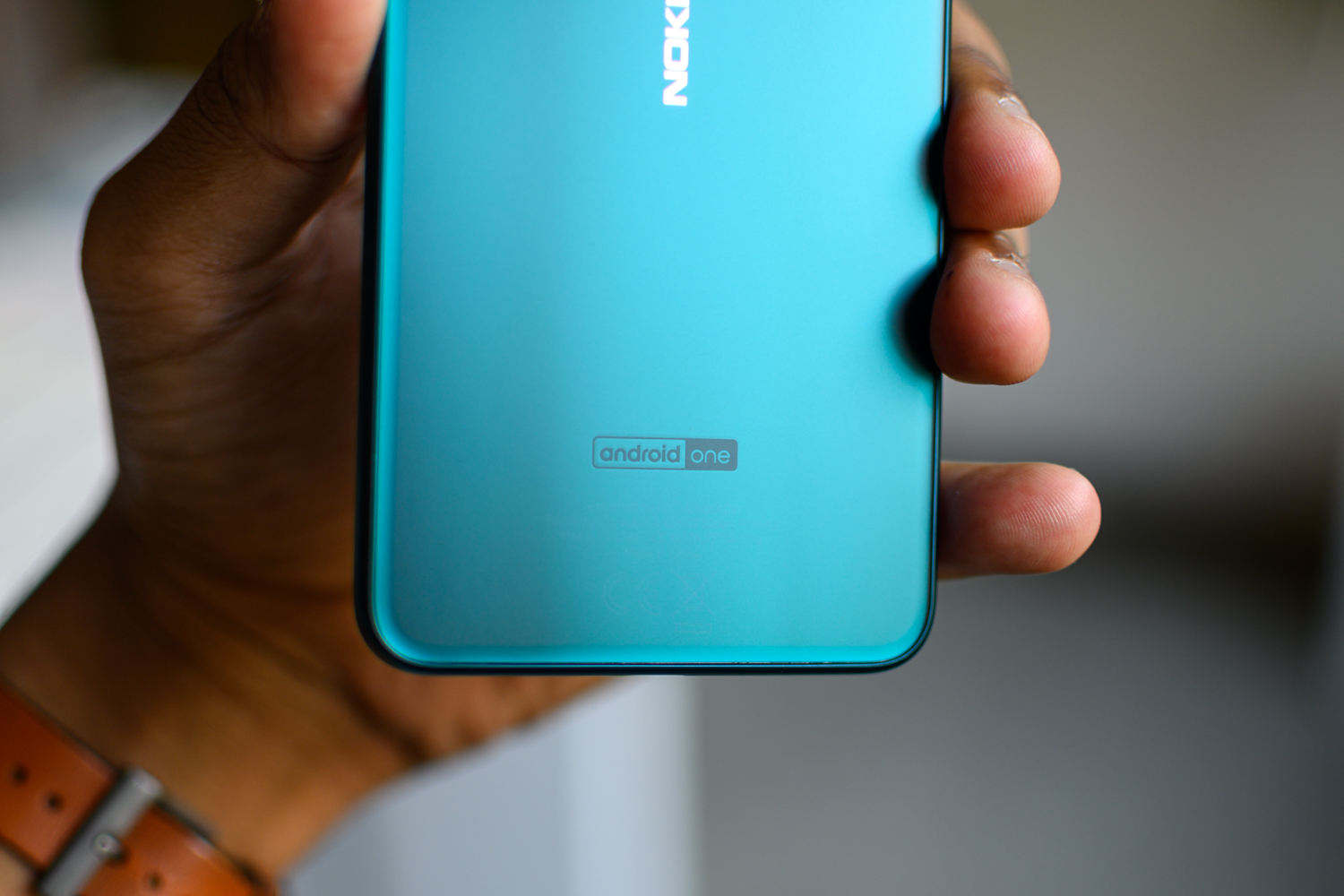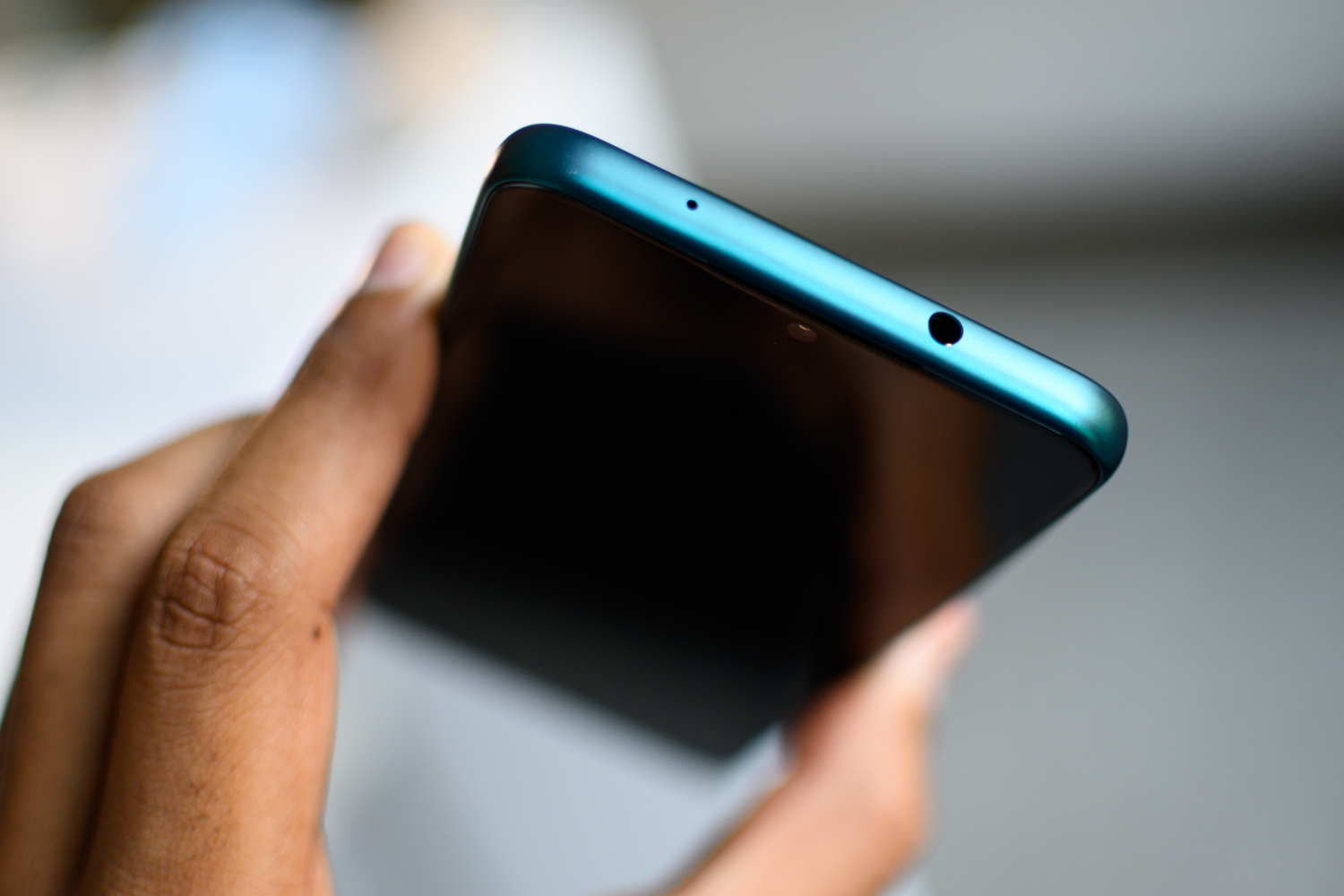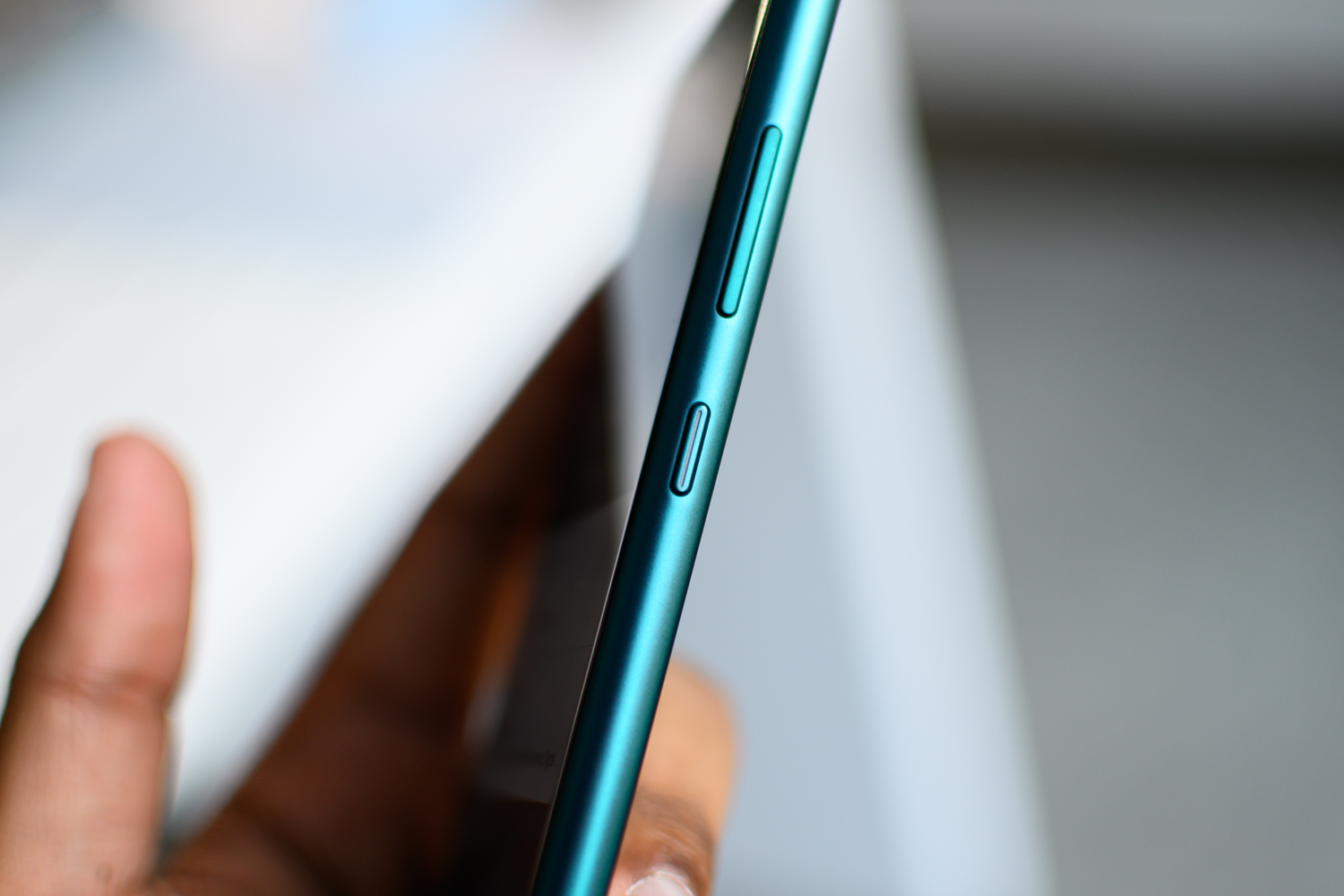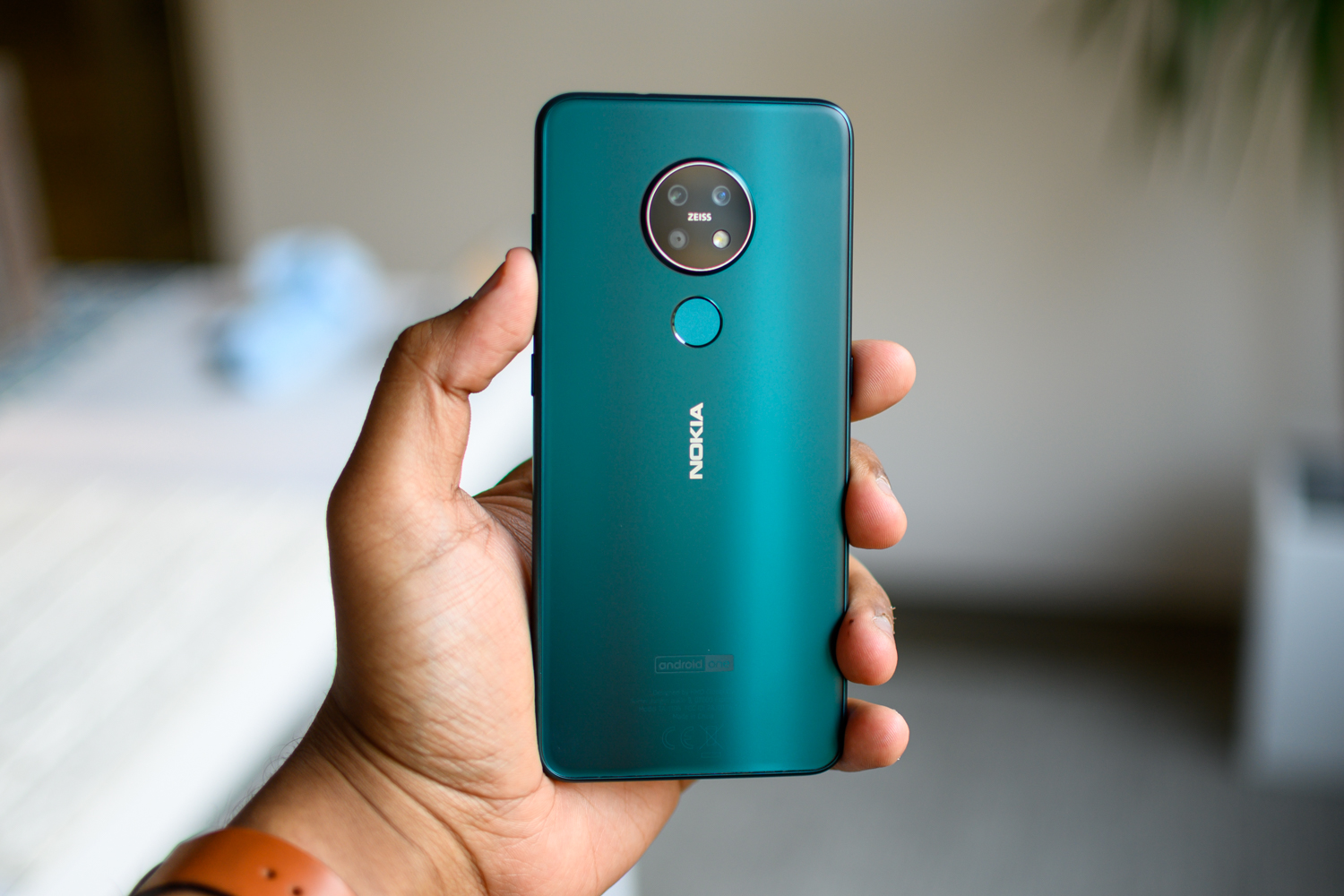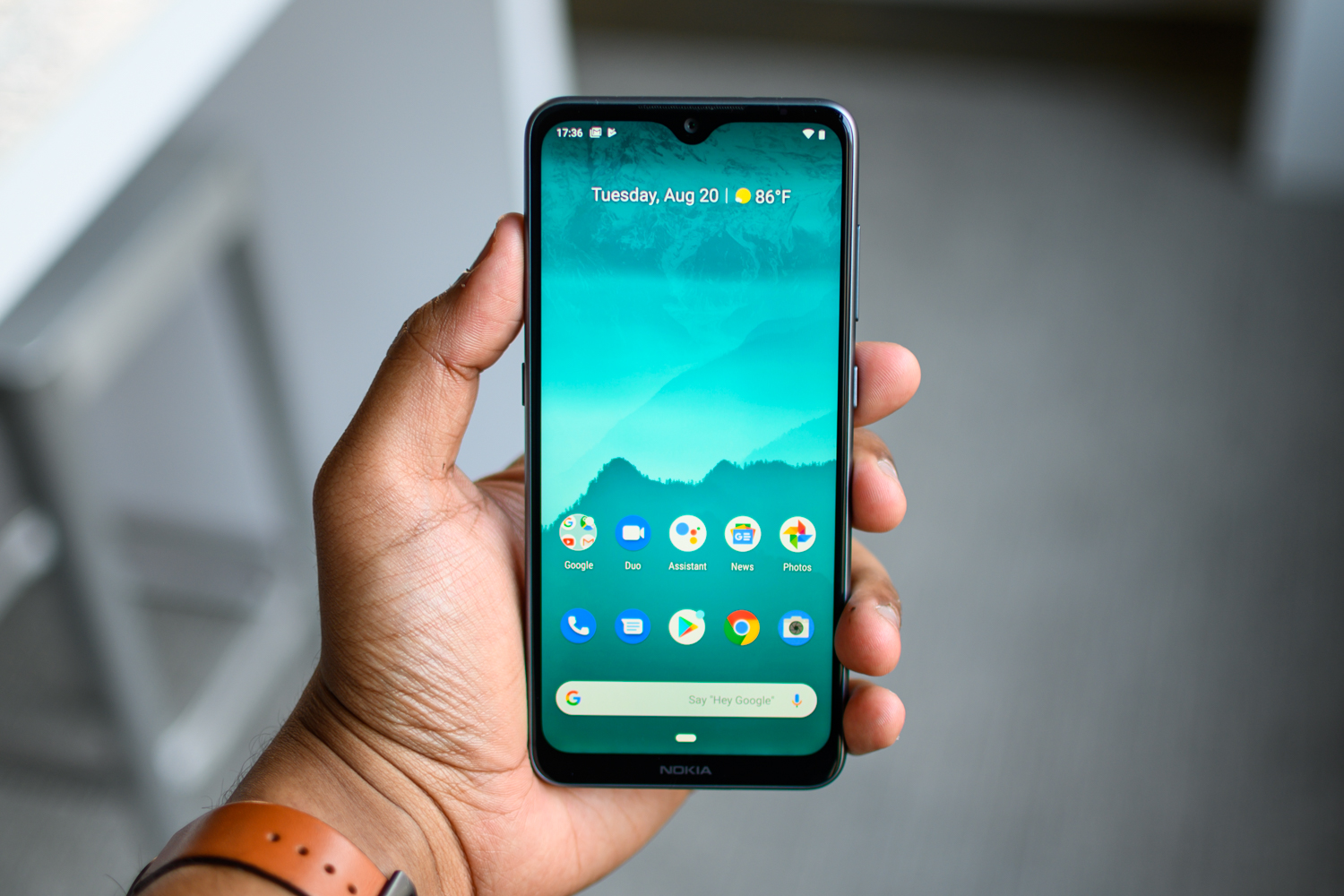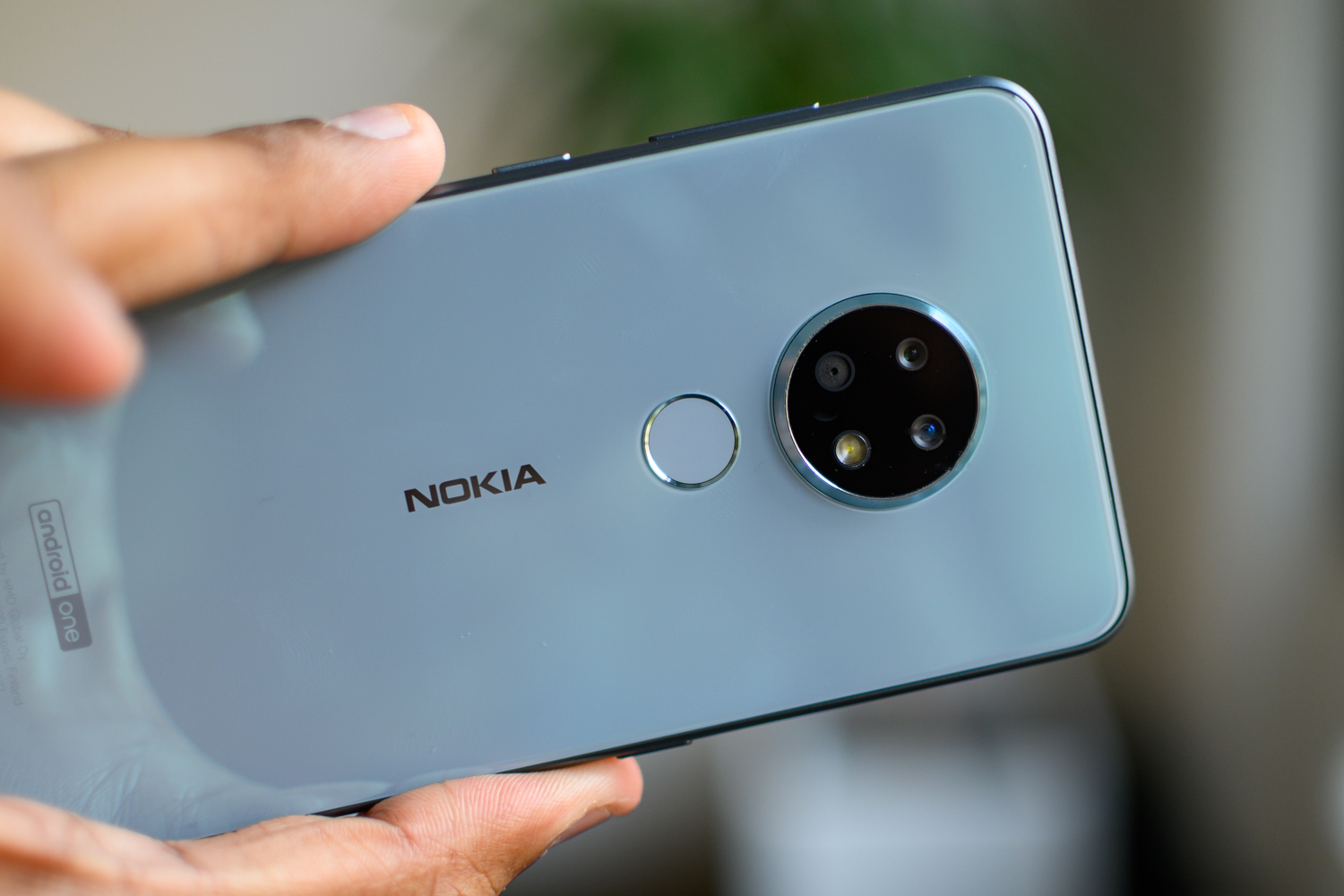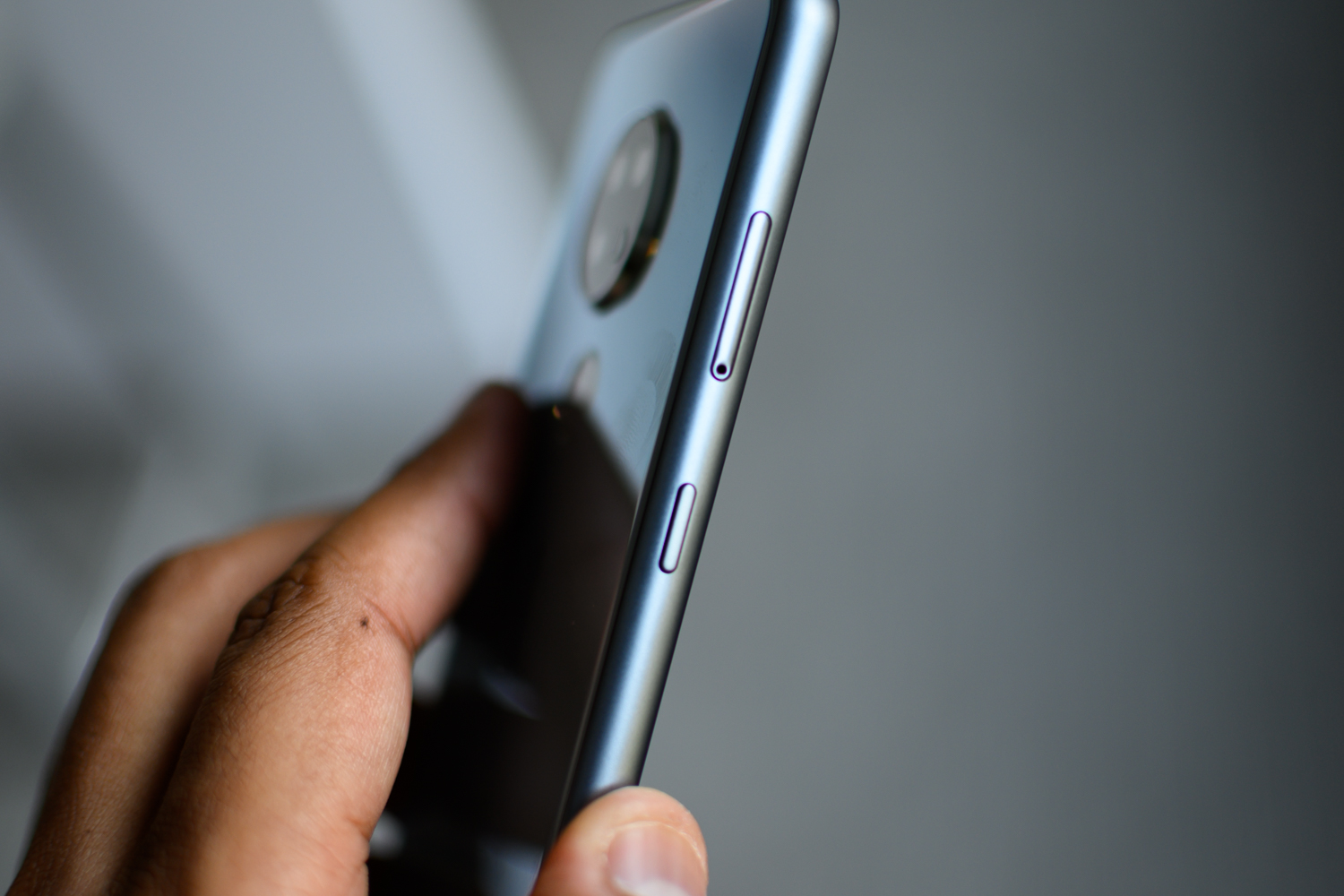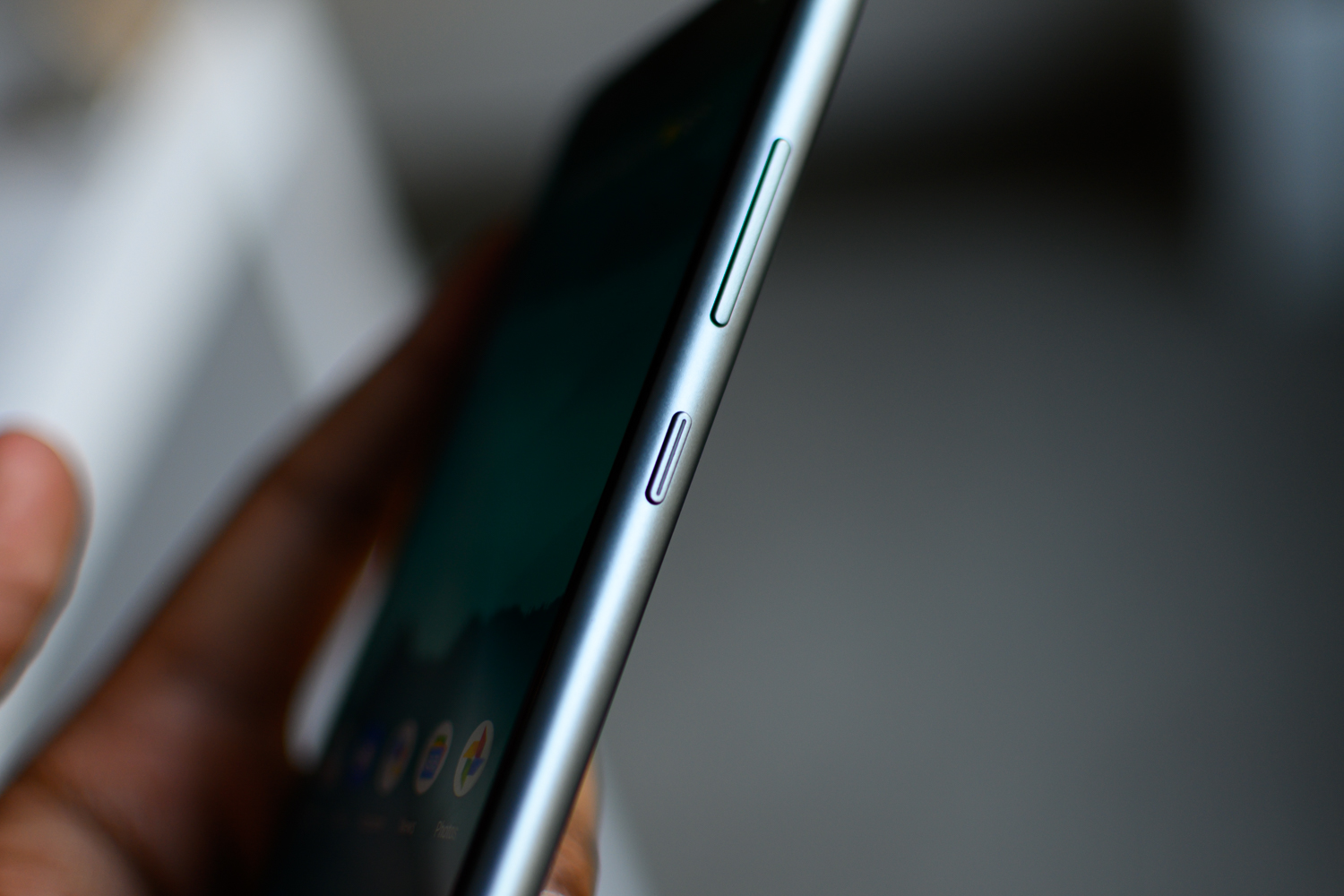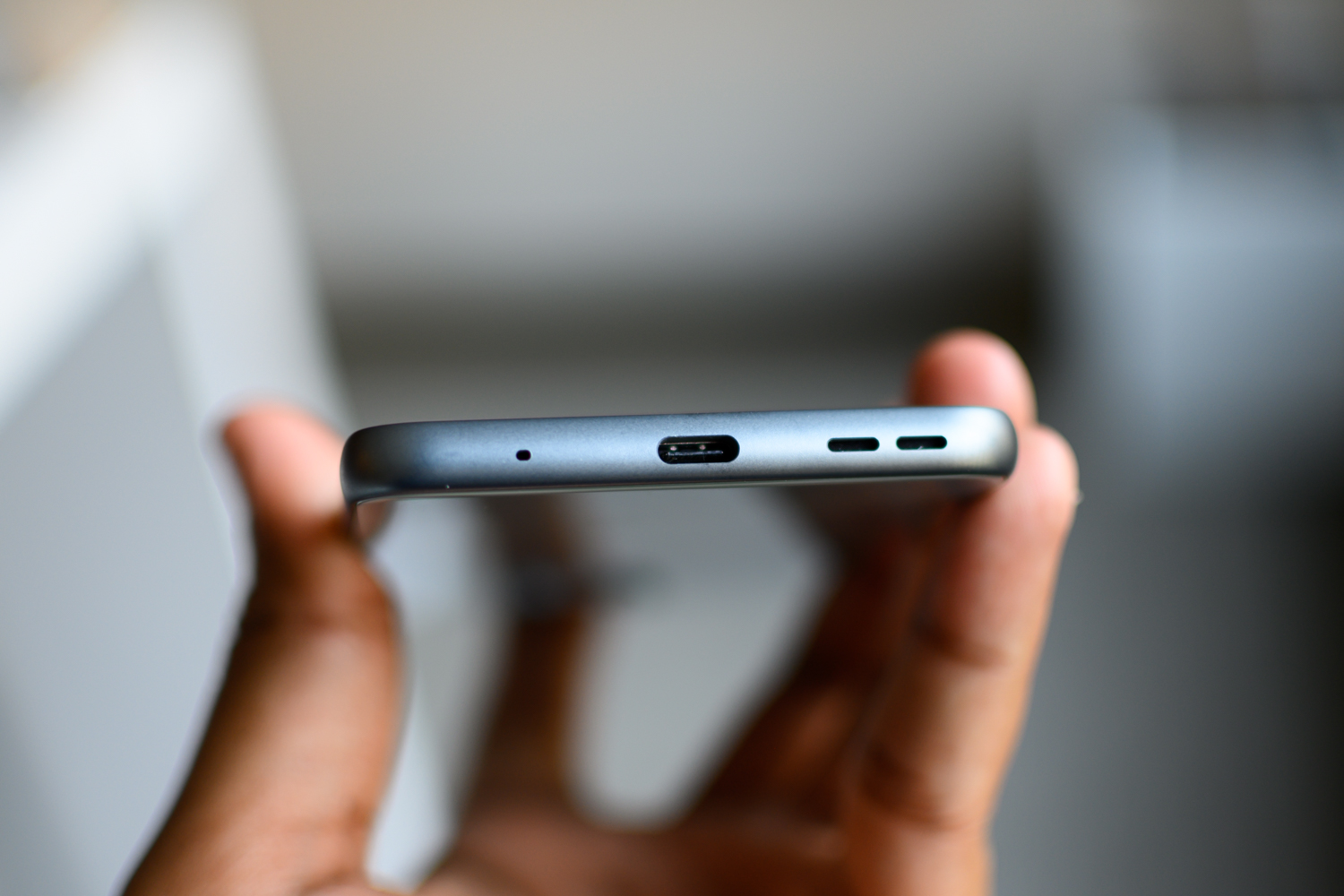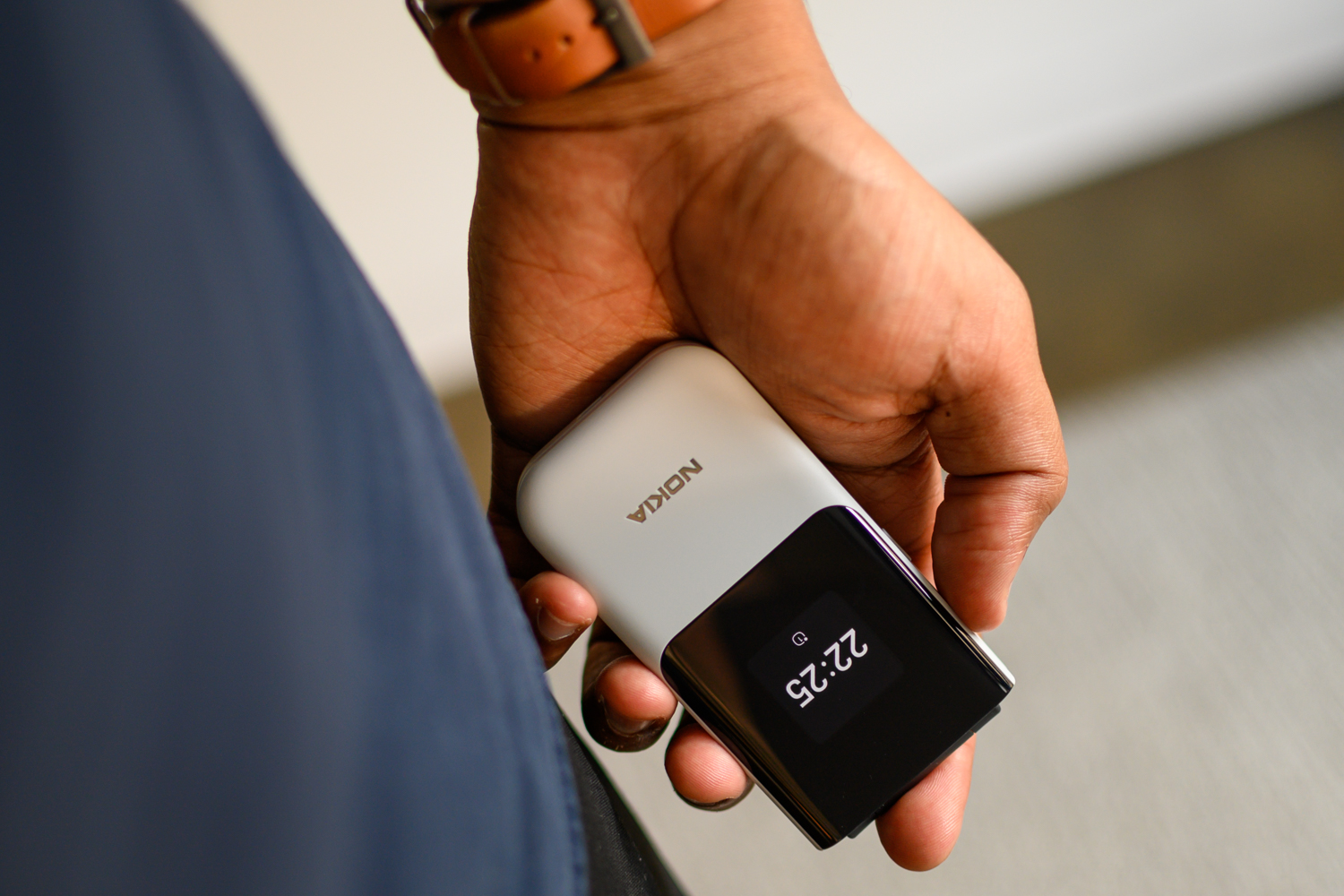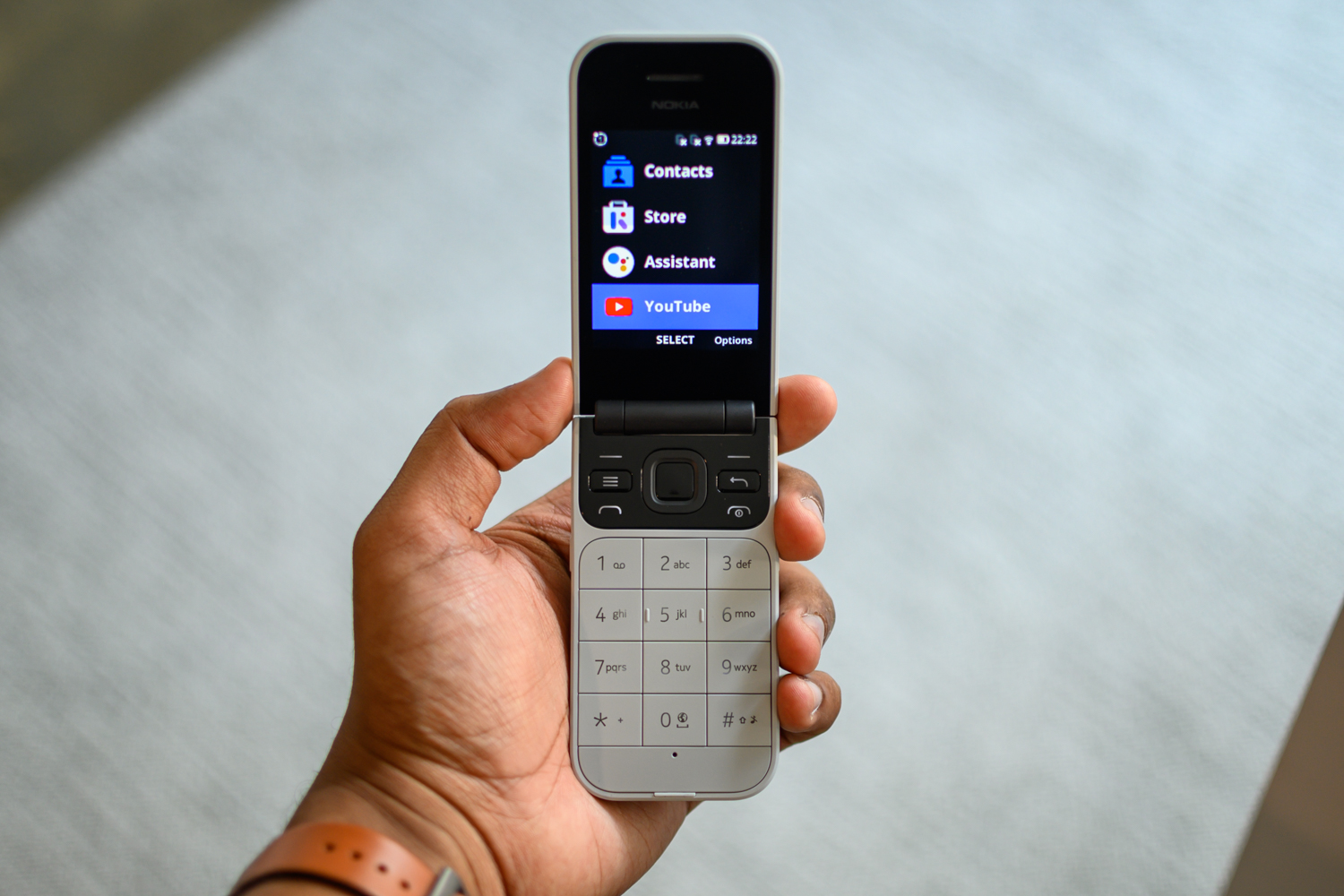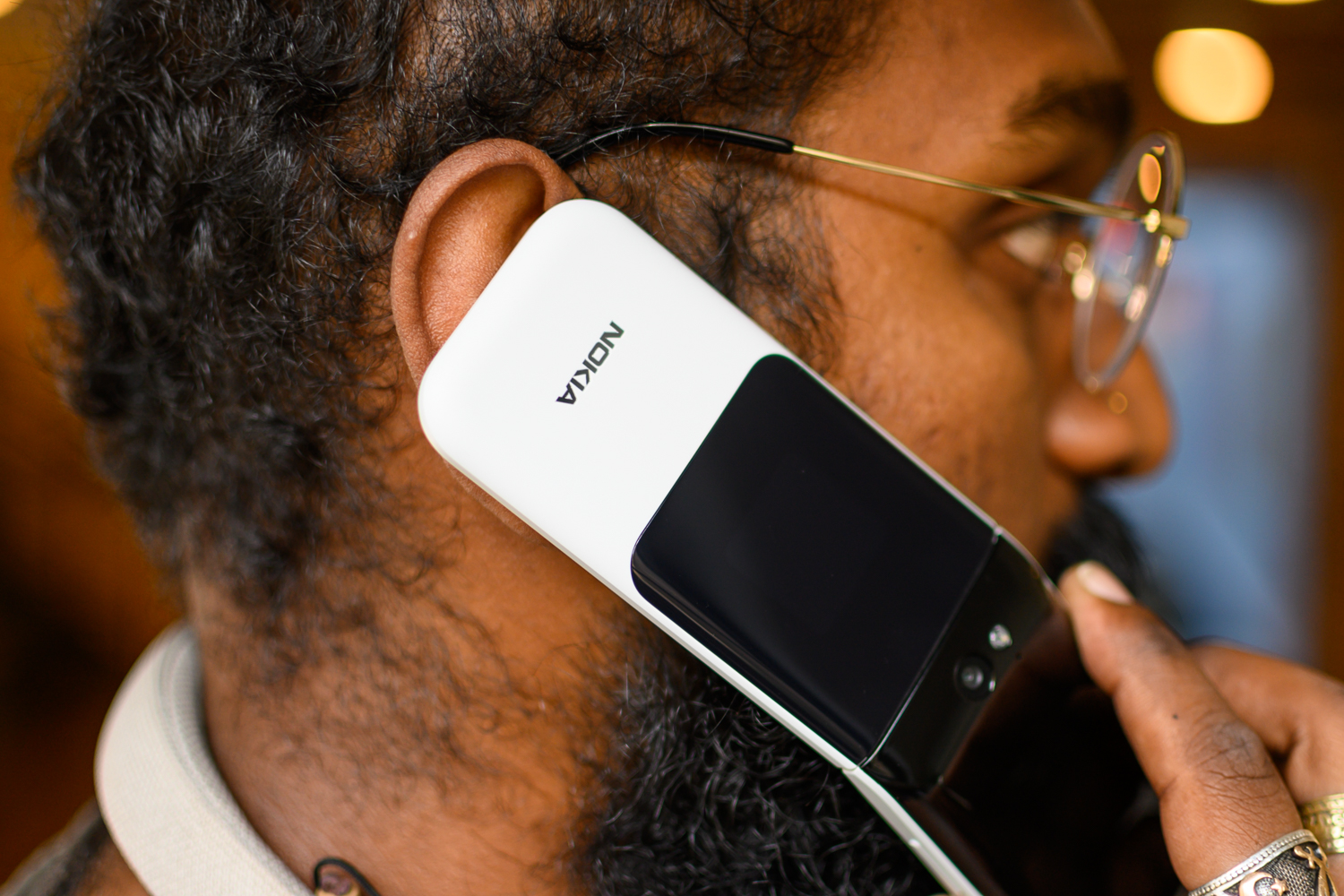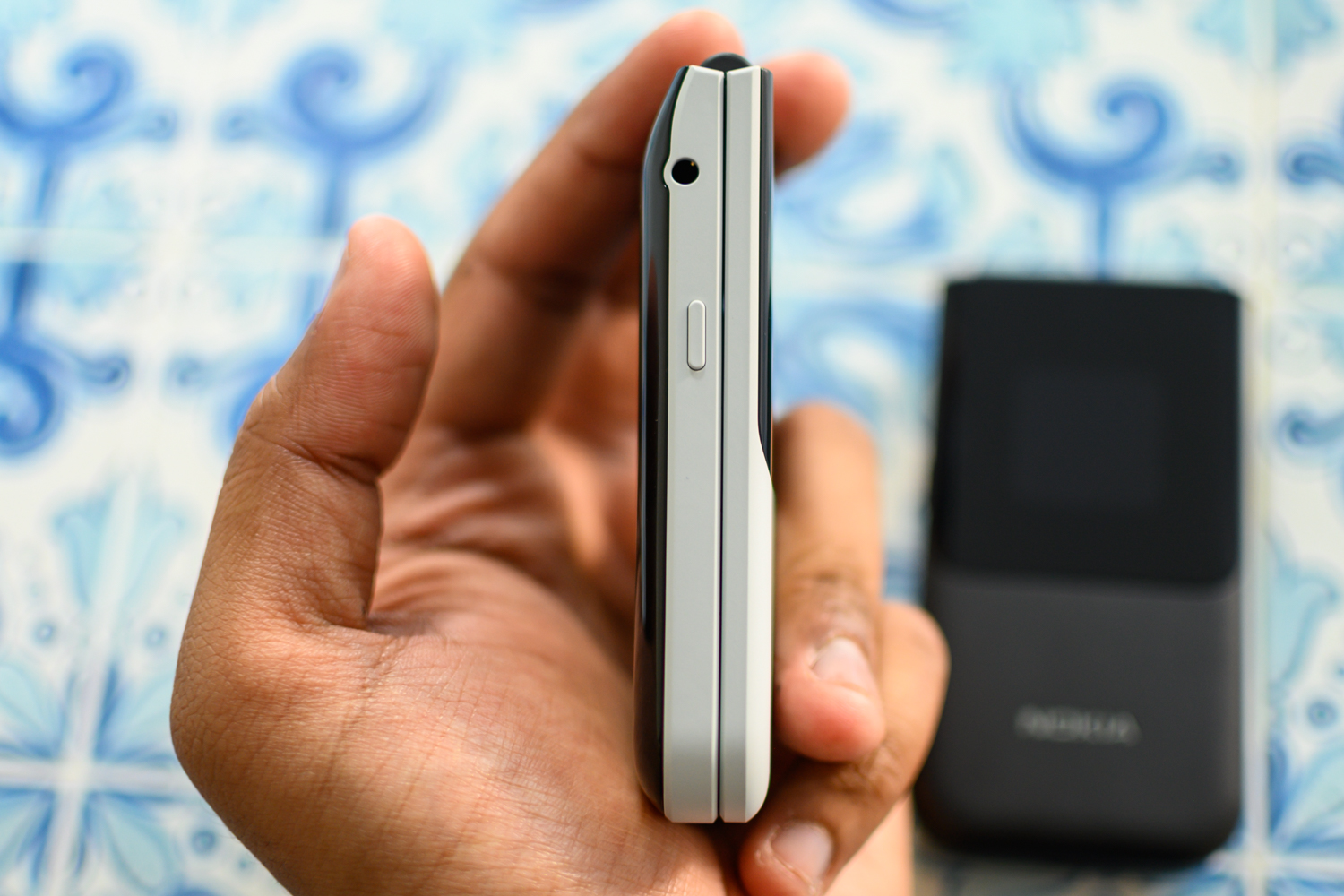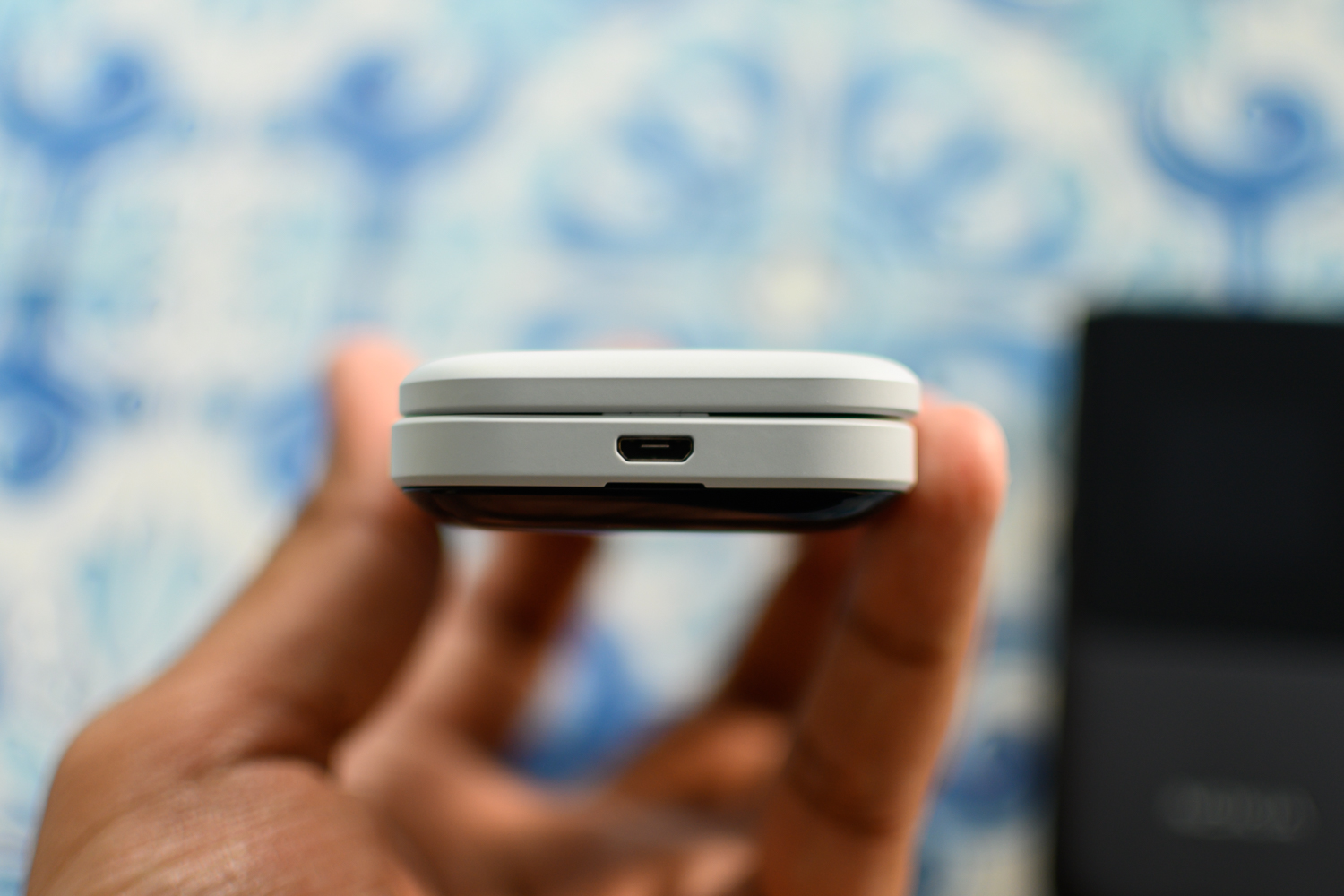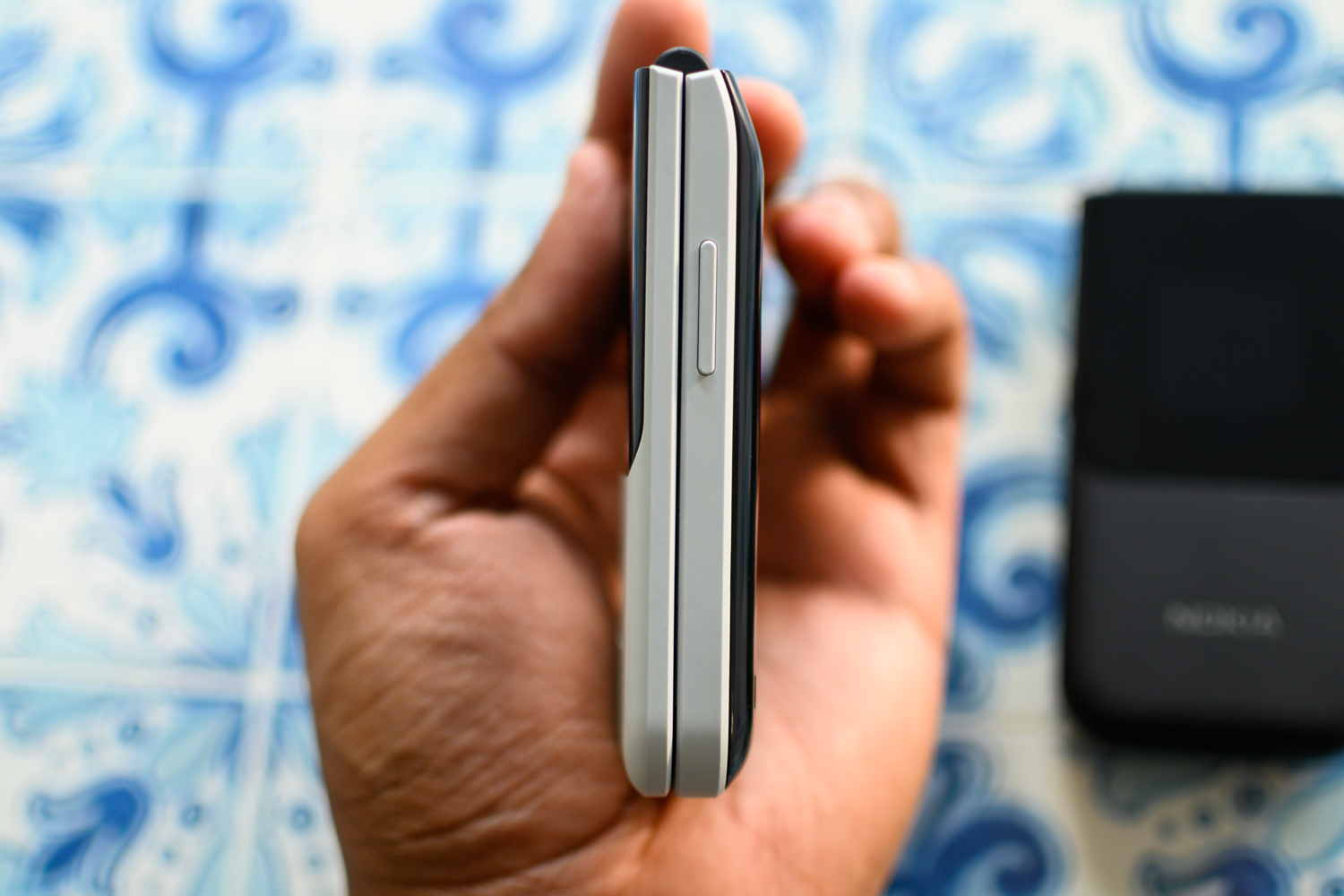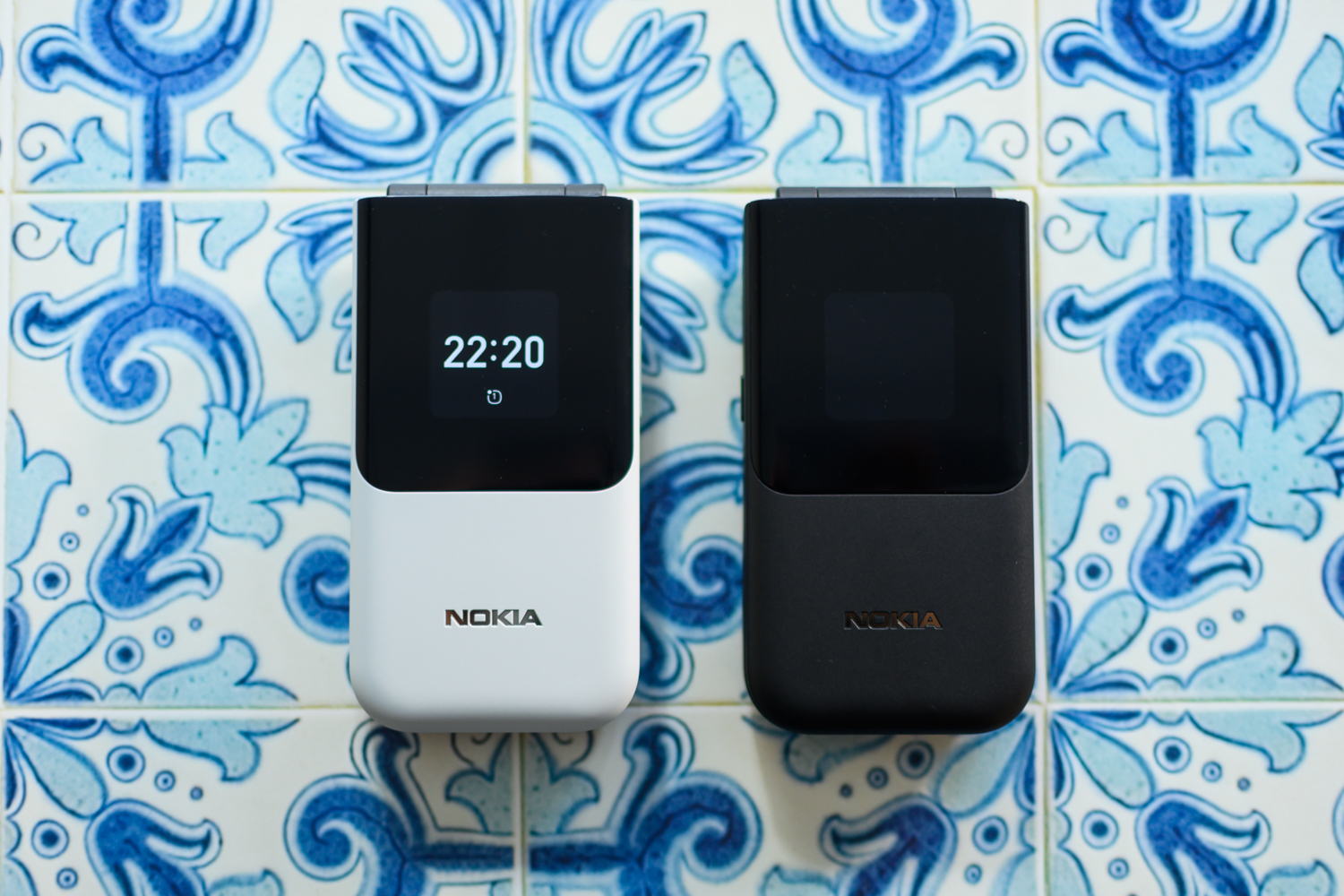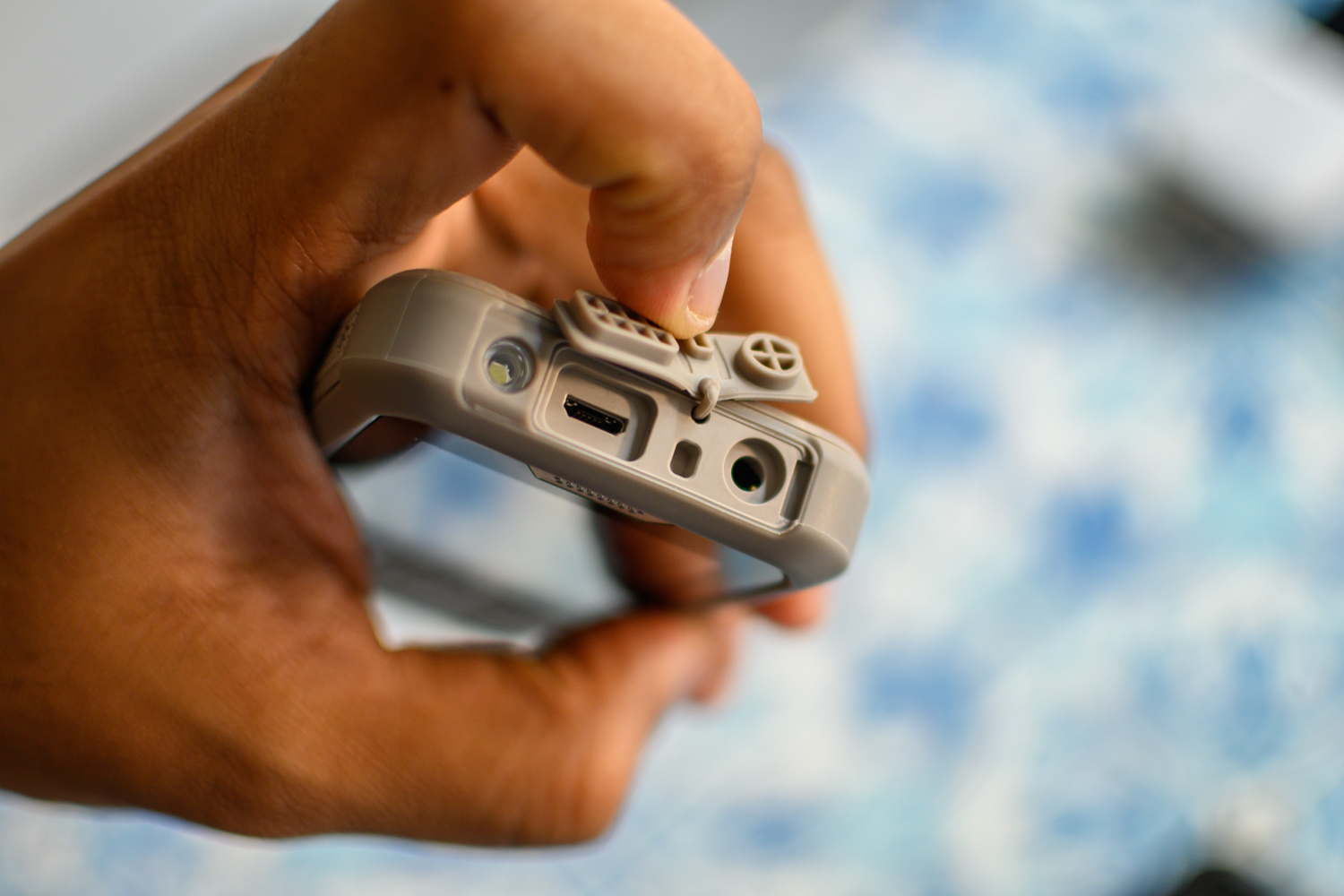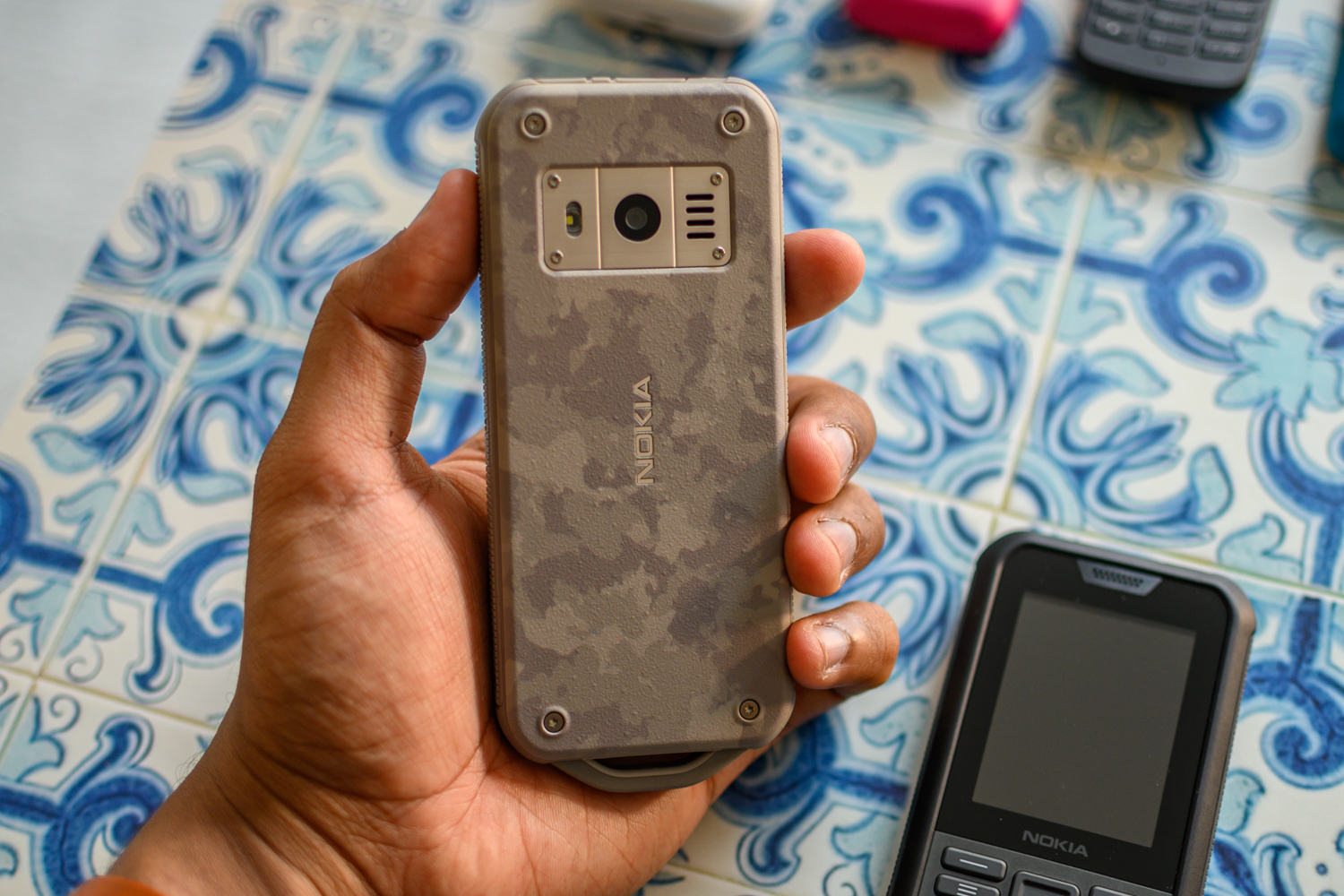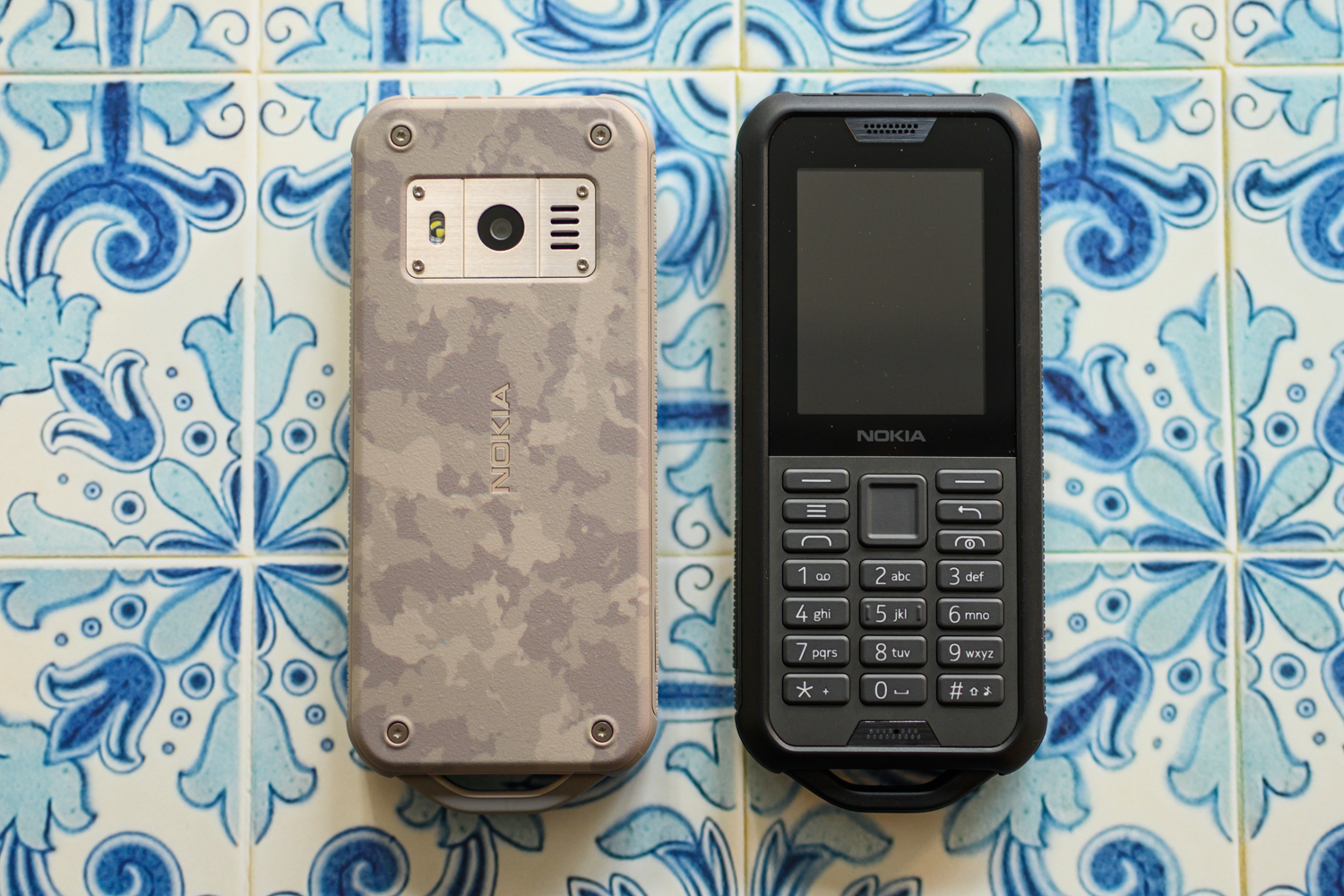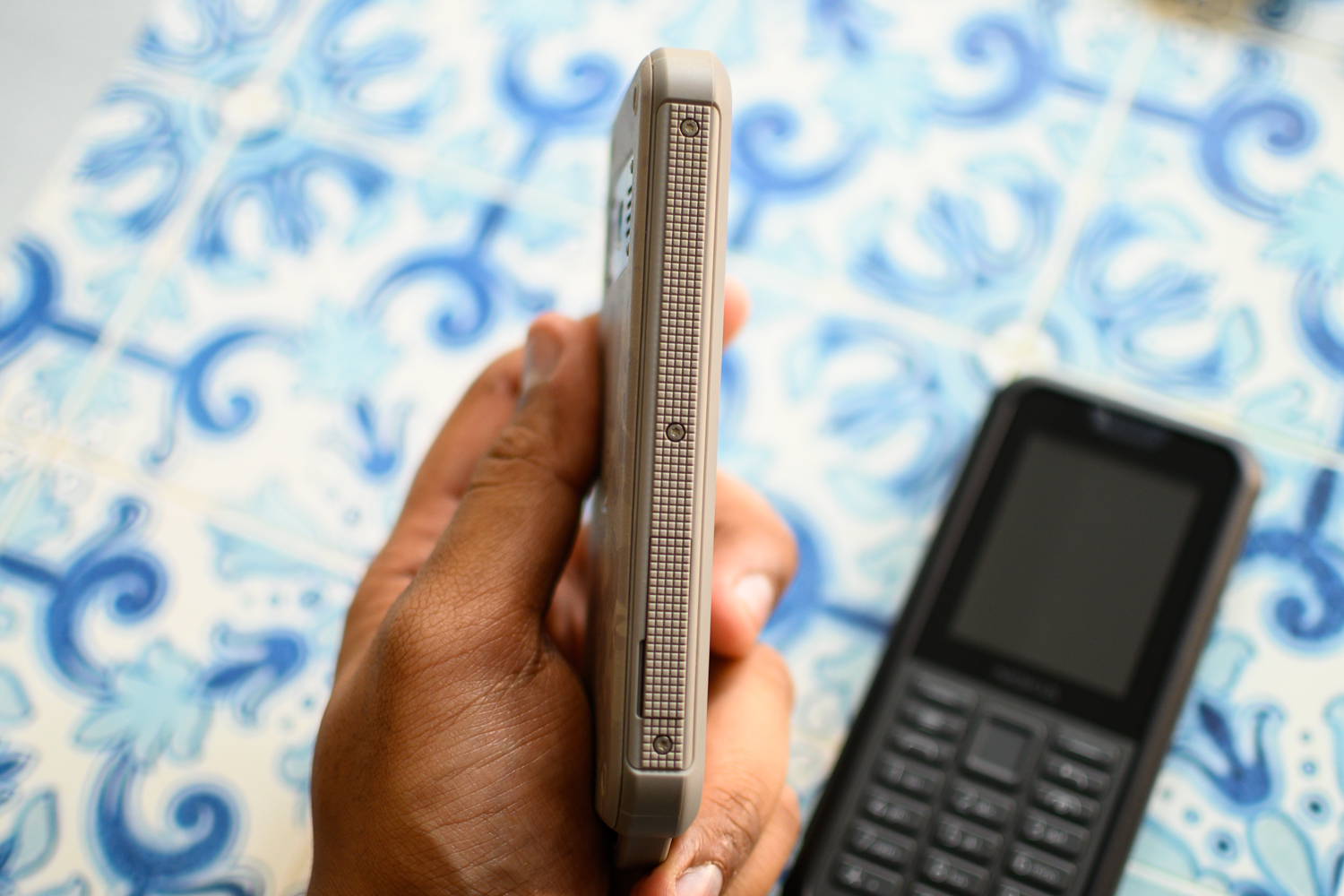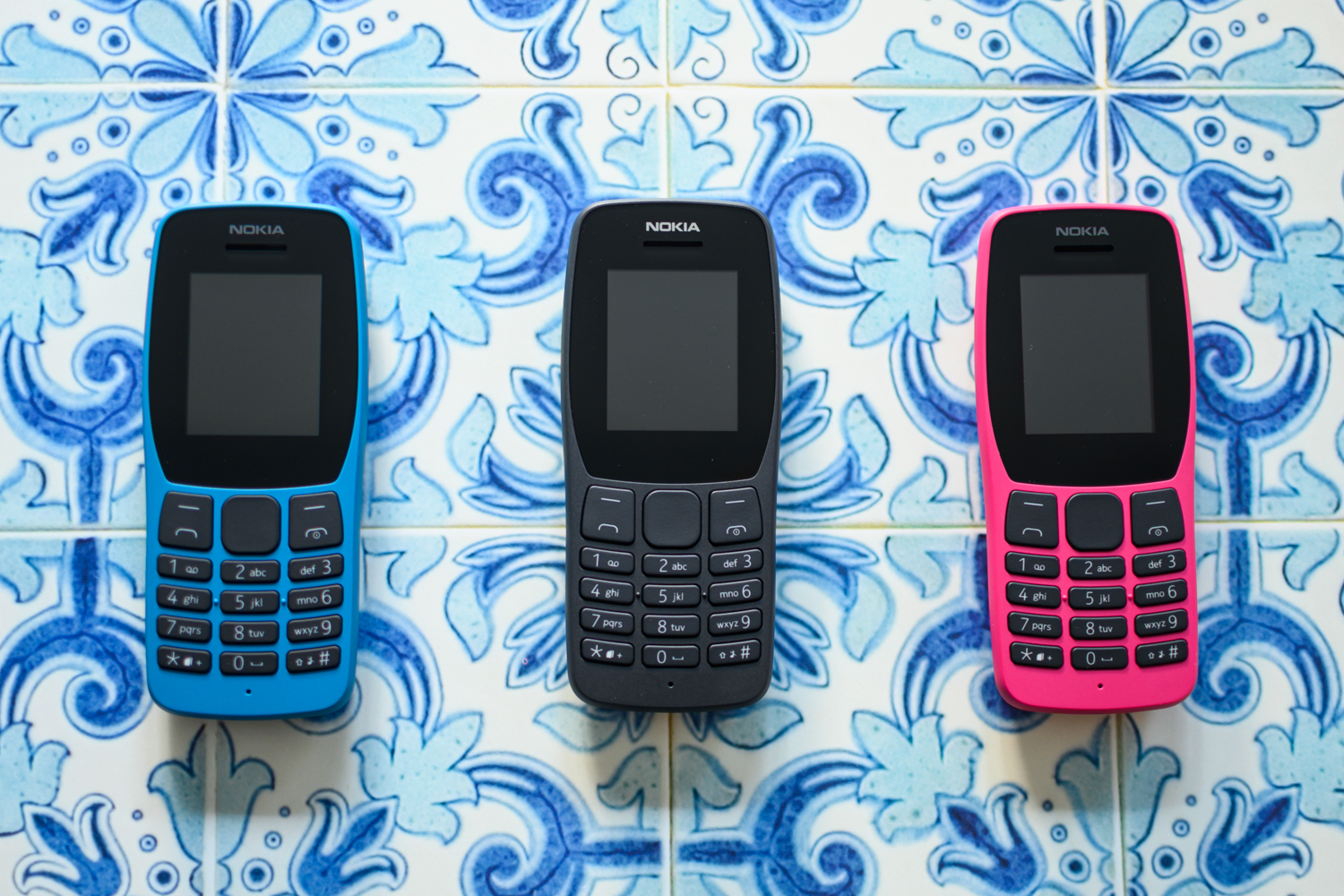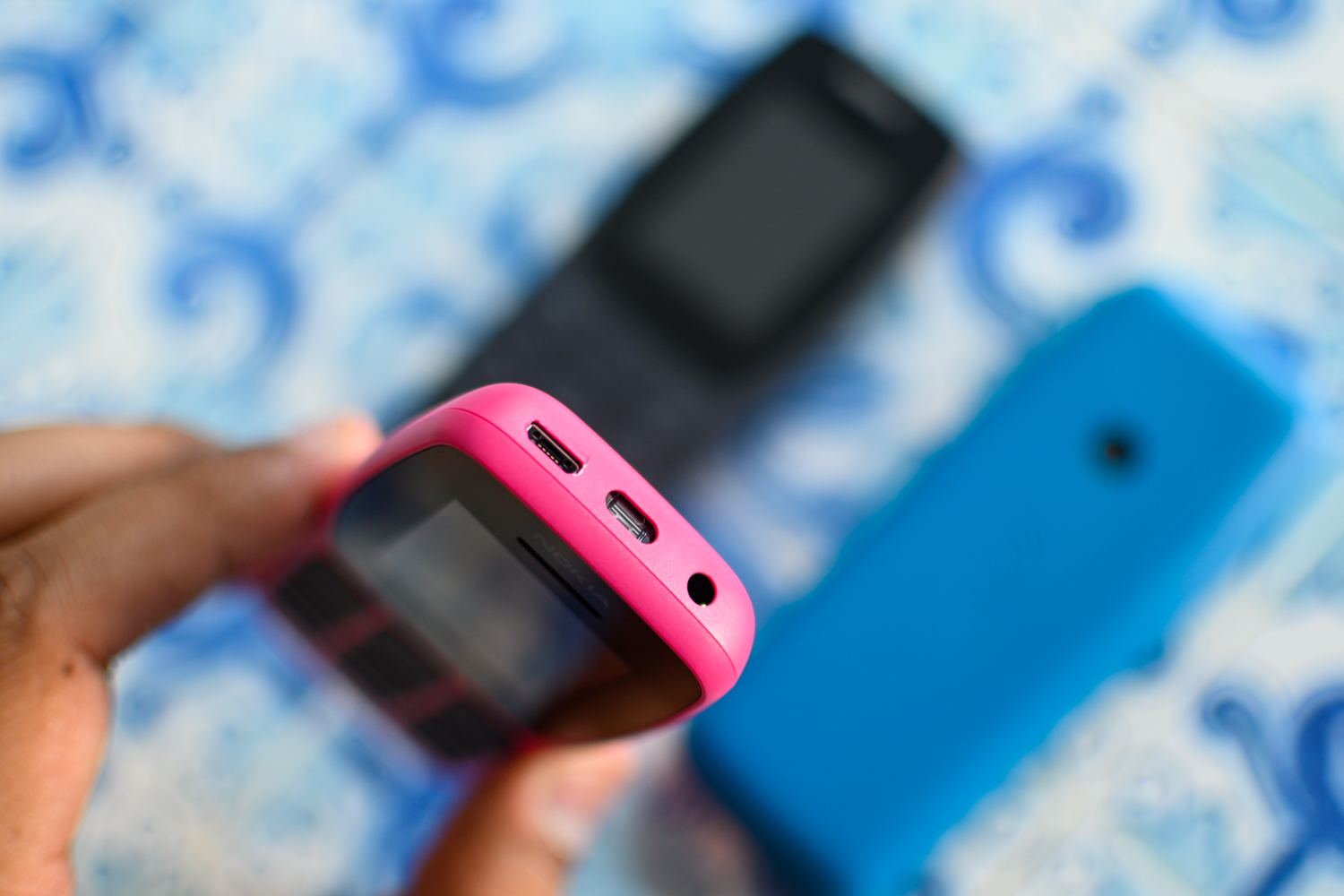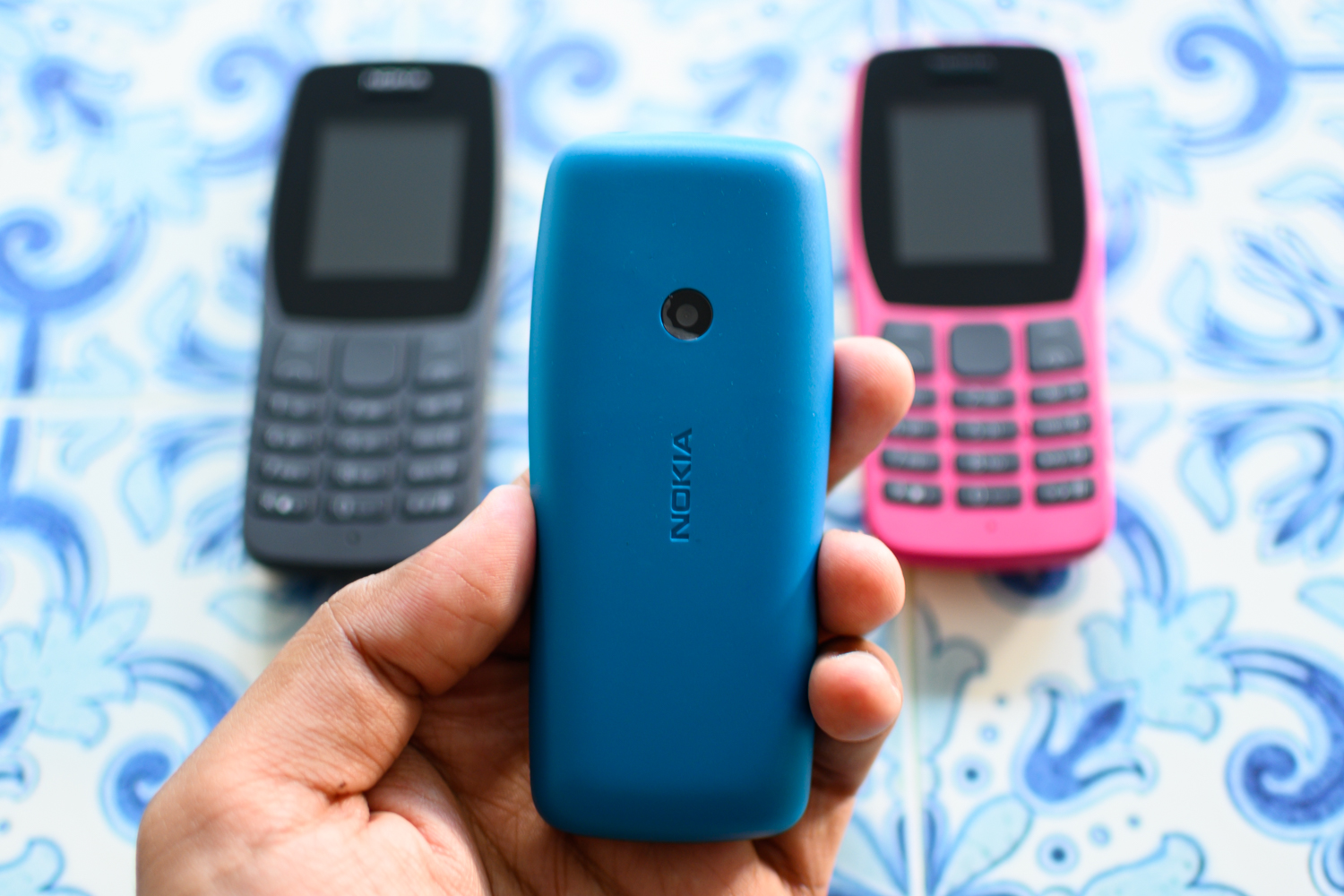

HMD Global, the maker of Nokia-branded phones, has announced not one, not two, but five phones at the annual IFA 2019 technology convention in Berlin. They include three feature phones: The Nokia 110, Nokia 2720, and Nokia 800 Tough, ranging from a basic phone to one designed to withstand the elements. The smartphones are the Nokia 6.2 and the Nokia 7.2, and the latter is the only one of the lot coming to the United States later this year.
Here’s everything you need to know about HMD’s IFA 2019 announcements.
Nokia 7.2

The Nokia 7.2 is HMD’s successor to the lauded midrange
Like all smartphones with a 48-megapixel camera, the Nokia 7.2 uses Quad Pixel technology (pixel binning) to merge pixels together to absorb more light, which should produce stronger low-light photos (it results in a 12-megapixel image). But what’s unique here is the portrait mode, which comes with several “Zeiss bokeh styles,” including Zeiss Swirl, Zeiss Modern, and Zeiss Smooth. These modes attempt to “re-create” the bokeh effect made from professional Zeiss lenses. Despite no depth sensor on the front, the 20-megapixel (f/2.0) selfie camera also supports these modes. Samsung has various bokeh effects on its Note 10 and Note 10 Plus, so the idea isn’t new. There’s also a dedicated Night mode, which stacks multiple images with different exposures together; paired with the 1/2-inch main camera sensor, it should mean stellar low-light photographs.
The PureDisplay screen is bigger at 6.3 inches, and it continues to support always-on
HMD is also touting the Nokia 7.2’s build quality, as it’s made of an aluminum core but is wrapped with a polymer composite that’s twice as strong as polycarbonate but even lighter. The front and back are Gorilla Glass 3; there’s a round camera module, similar to Motorola’s phones, a fingerprint sensor below it, and the Nokia logo. A dedicated Google Assistant button is on the left edge, and the power button on the right also has a notification LED inside it, just like the Nokia 4.2 HMD debuted earlier this year.
Speaking of Assistant, the Nokia 7.2 has a unique feature that turns it into a smart speaker when it’s put into “Ambient Mode,” which is when it charges. It means the microphones will perk up listening for the, “Hey, Google” trigger, making it easy to pick up your voice commands.
It’s powered by Qualcomm’s Snapdragon 660 processor with 4GB of
The phone is a part of the
The phone comes in Charcoal, Cyan Green, and Ice, it costs $349, and it works on GSM networks like AT&T and T-Mobile, but it doesn’t support Sprint. It will be available from Best Buy and Amazon starting September 24, and if you want to try before you buy, it will be in Best Buy stores around the country beginning September 29. HMD is tossing in a three-month subscription to Google One, too.
Nokia 6.2

The Nokia 6.2 is almost exactly the same as the Nokia 7.2 — in fact, the dimensions and weight line up perfectly. Hardware-wise, they share similarities such as a 6.3-inch PureDisplay screen with the same
It’s still an
The biggest difference lies with the camera: It’s still a triple-lens camera, but there’s no Zeiss optics and the main sensor is a 16-megapixel lens with an f/1.8 aperture. The 5-megapixel depth sensor and 8-megapixel wide-angle lens are the same as the Nokia 7.2. The bokeh effects are still present as well as the Night mode.
HMD isn’t planning on bringing the Nokia 6.2 to the U.S., but it will cost 209 euros (about $228) and will be available in early October. It comes in Ice or Charcoal.
Nokia 2720

Longing for a flip phone? HMD is reincarnating the classic Nokia flip phones of old with the Nokia 2720.
It’s a 4G phone running KaiOS, an operating system that introduces smart features to dumbphones. That includes modern-day amenities like
The keyboard has large buttons, as does the text on the display, so it’s easy to see and thereby making it easier to use. HMD said in standby mode, this phone can last up to a whopping 27 days. There’s also a programmable button on the left side that can place calls to up to five emergency contacts in dire situations, and it provides them with location data.
The body of the phone is polycarbonate, and it comes in black or white. It costs 89 euros (about $97), and HMD said there are no plans to bring it to the U.S. at the moment. It will be available this month.
Nokia 800 Tough

If you’re not intrigued by the flip phone, the Nokia 800 Tough might catch your attention. HMD said it’s a “new hallmark in Nokia phone durability,” which is setting a high bar for the phone. It’s the first rugged phone from HMD, meaning it’s IP68 water- and dust resistant, and it also meets MIL-STD-810G military standards, so it can weather the elements. The rubberized edges also mean the phone can survive drops onto concrete from as high as 1.8 meters, according to HMD.
Like the Nokia 2720, it’s also a KaiOS 4G feature phone, so you get access to WhatsApp,
But the battery just might take the cake; it lasts 43 days in standby mode. It’s the perfect device to take camping or hiking, but it is clear HMD is also positioning this phone for businesses that need durable and rugged phones.
Sadly, the Nokia 800 Tough isn’t coming to the U.S. either. It’s 109 euros (about $119).
Nokia 110

Last but not least is the Nokia 110. It’s as basic as phones come, with the spotlight being that it doubles as an MP3 player — there’s support for a 32GB memory card so you can transfer music to the device to listen to your tunes. There’s also an FM radio app if you want to tune into the radio.
Games like Snake and Doodle Jump are available, but this phone doesn’t run KaiOS (it runs S30+, instead). There’s a battery with a playback time of up to 27 hours, a camera on the back as well as an LED flashlight, which you can quickly toggle on by pressing the up key twice.
It comes in blue, pink, and black, and is just 18 euros (about $20). It lands mid-September, but it’s not coming stateside.
